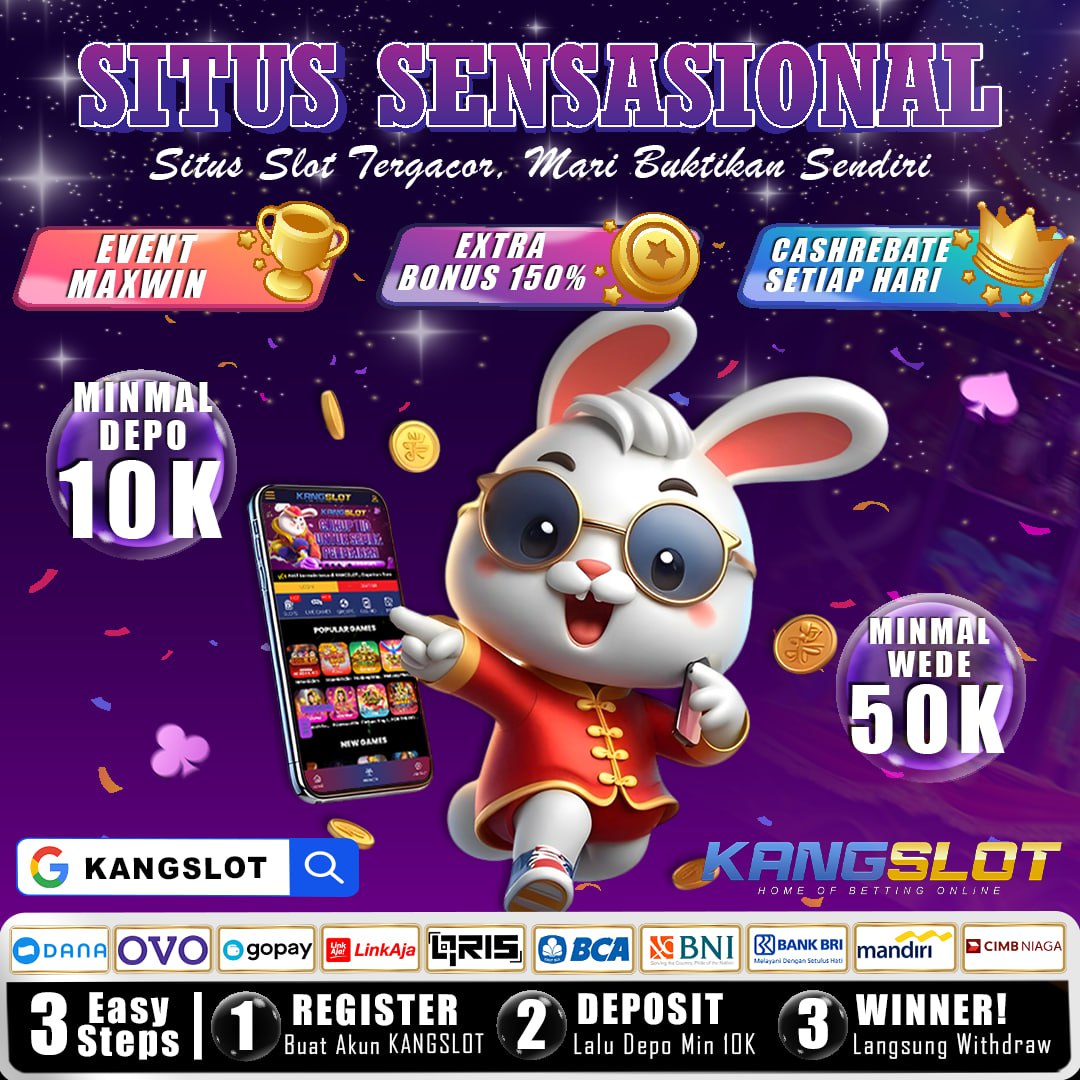main di situs kangslot wd besar dibayar lho gaes
Temukan keberuntungan Anda di dunia slot online yang menarik dengan KANGSLOT. Sebagai situs slot gacor terbaru dan terpercaya, kami menawarkan pengalaman bermain yang terbaik dan menyenangkan dengan berbagai permainan slot gacor terlengkap. Nikmati peluang meraih jackpot besar hingga x1000 setiap saat, khususnya di link resmi slot gacor malam hari ini. Daftarkan diri Anda sekarang dan rasakan sensasi kemenangan yang luar biasa.


